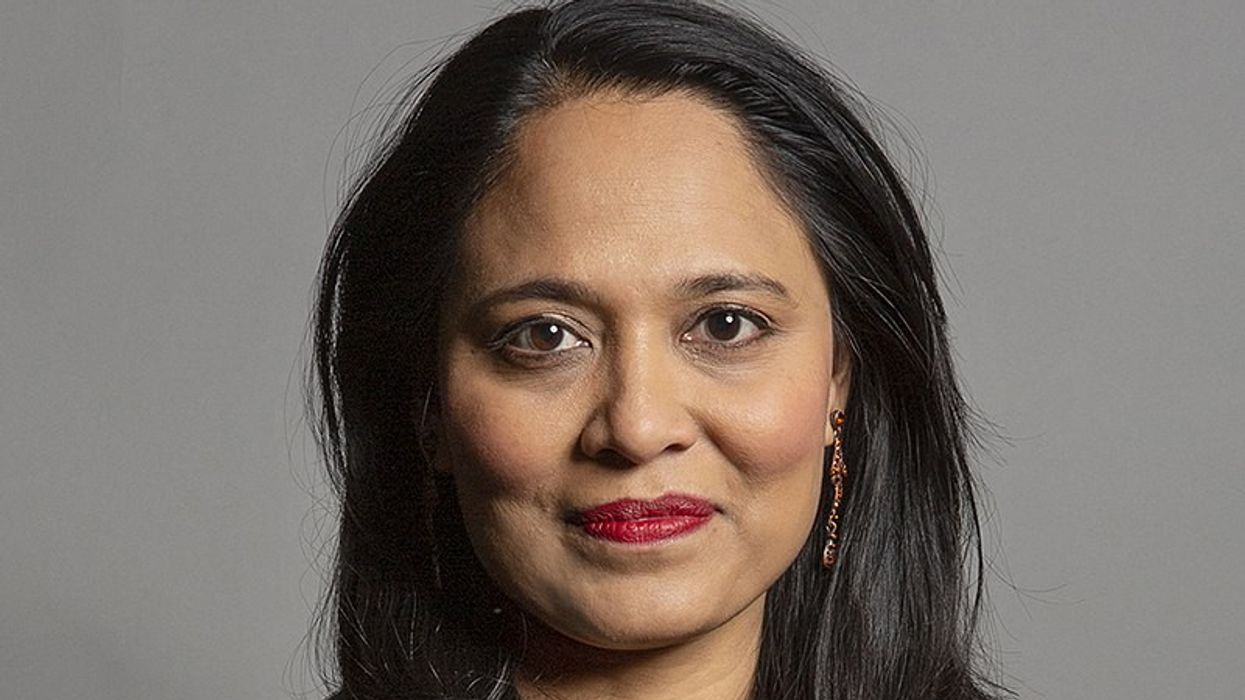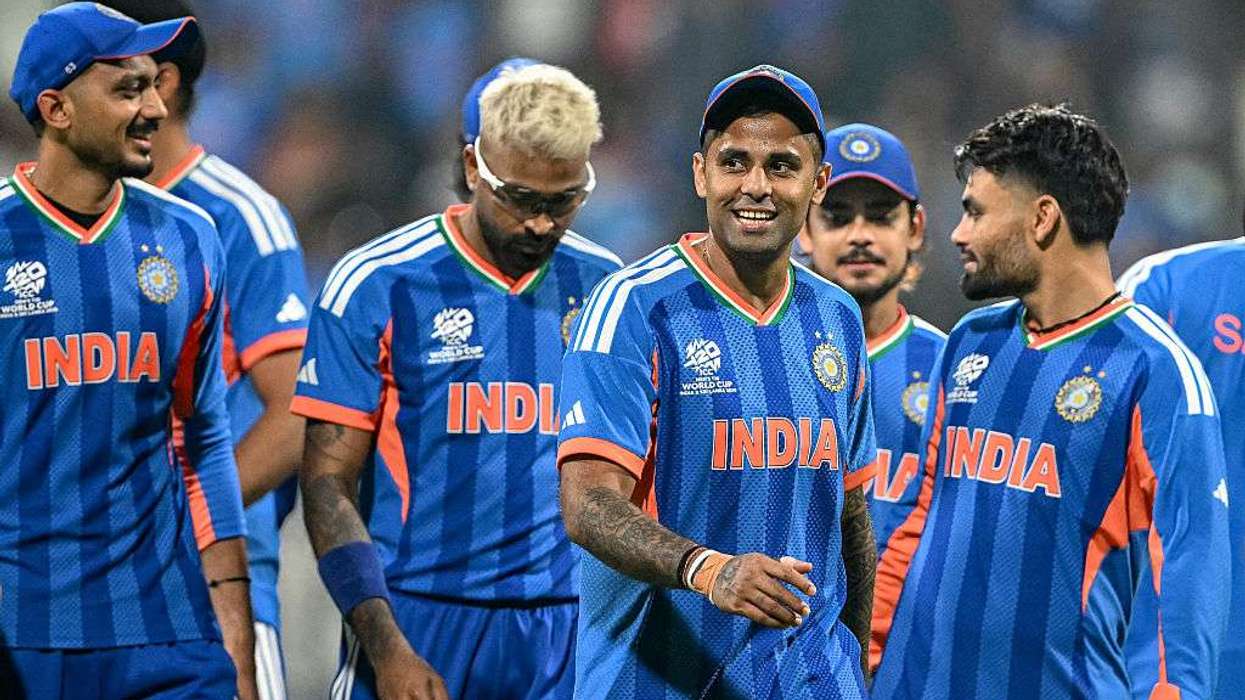A BRITISH ASIAN minister is under mounting pressure to resign after claims she evicted tenants from her property and then hiked up the rent by nearly £700 a month.
Politicians from across the political spectrum are calling for homelessness minister, Rushanara Ali, to quit her job, accusing her of "staggering hypocrisy" after the allegations emerged.
Four tenants who rented Ali's four-bedroom house in east London were given four months' notice last November and told their lease would not be renewed because the property was going to be sold, according to the i Paper.
The tenants, who had been paying £3,300 a month, left the property as requested. However, they claim the house was then relisted for rent at nearly £4,000 a month after no buyer was found.
The property, located near Ali's Bethnal Green and Stepney constituency, was put up for sale at £914,995 in November but the price was later reduced in February.
The report has sparked outrage across party lines, with politicians branding Ali a hypocrite given her public stance on protecting tenants' rights.
Kevin Hollinrake, the Conservative party chairman, said: "I think it shows staggering hypocrisy. Rushanara Ali has been somebody who's obviously a government minister in charge of homelessness. She's spoken out about exploiting tenants, about providing more protections to tenants."
He added: "You can't say those things, then do the opposite in practice, as a landlord. She's got to resign."
The shadow housing secretary, James Cleverly, said the allegations "would be an example of the most extreme hypocrisy and she should not have the job as homelessness minister".
Peter Wishart, the SNP's deputy leader at Westminster, said: "Once this shameful story broke, Labour's homelessness minister should have immediately resigned. The fact that she still hasn't means this is now a direct test of Keir Starmer – he needs to sack her immediately."
Even members of Ali's own party have criticised her. Jess Barnard, a former chair of Young Labour and a member of Labour's National Executive Committee, said: "Seems an appropriate time to reiterate MPs should not be landlords, and landlords should not be Labour MPs."
Martin Abrams, a Labour councillor in Lambeth, posted: "You couldn't make this up! Rushanara Ali should resign #LandlordsOutOfLabour."
Ali's spokesperson said: "Rushanara takes her responsibilities seriously and complied with all relevant legal requirements."
A source close to the minister told the BBC that the tenancy had a fixed-term contract and that the house had been put on the market while the tenants were still there. They said the tenants had been told they could stay on a rolling basis while the house was on the market, but they had chosen to leave. The house was only relisted for rental because it had not sold.
When asked about Ali's actions, home secretary Yvette Cooper said she was not familiar with the specifics of the case but believed the minister had acted within the law.
The controversy is particularly damaging given Ali's public statements about tenant protection. She has spoken out against private renters being exploited and said the Labour government would "empower people to challenge unreasonable rent increases".
Ben Twomey, chief executive of campaign group Generation Rent, said: "These allegations are shocking and a wake-up call to government on the need to push ahead as quickly as possible to improve protections for renters."
Meanwhile, the government's Renters' Rights Bill, due to come into force next year, will ban landlords who have ended a tenancy to sell a property from relisting it for six months.





